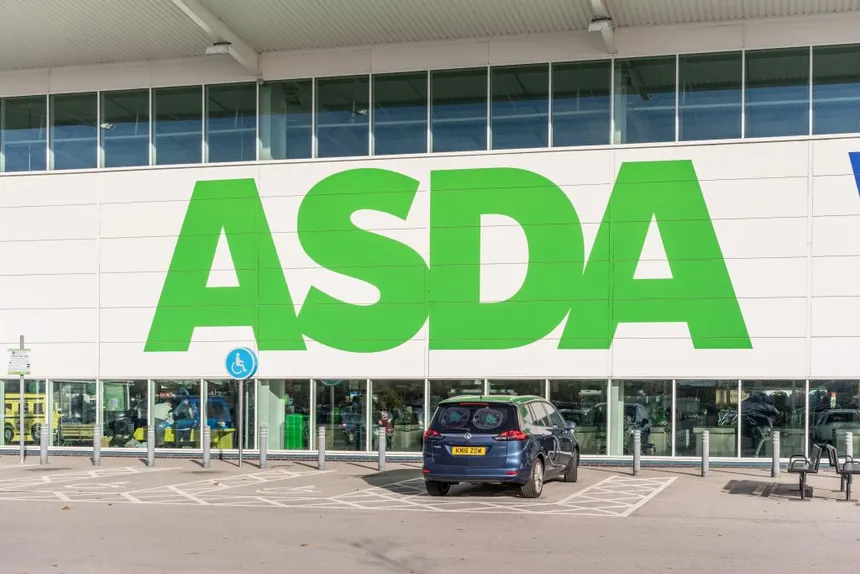Asda, the UK’s second-largest supermarket chain, has made significant progress in reducing its environmental impact by publishing its annual environmental, social, and governance (ESG) report. The report highlights the company’s efforts to reduce its carbon footprint, increase recycling, and support local communities during the cost-of-living crisis.
Asda’s total carbon footprint decreased by seven percent in 2022 compared to the previous year, with a 50% reduction in greenhouse gas emissions from its own operations (Scope 1 and 2 emissions) by 2025. The company has also made a commitment to reaching net-zero emissions by 2040. This is largely due to the transition of its HGV fleet to biogas and the implementation of lower carbon refrigeration and energy efficiency measures across stores.
In addition to reducing its operational carbon footprint, Asda has also developed a measurement of Scope 3 emissions, which accounts for emissions across its value chain, including those from suppliers and the products it sells. The company has submitted a near-term Scope 3 target for validation to the Science-Based Targets Initiative (SBTi), a global body that sets standards for setting targets aligned with the Paris Agreement.
Asda’s efforts to reduce its carbon footprint are in line with the industry trend, as the World Wide Fund for Nature (WWF) last week urged other retailers to match Tesco’s ambition to become carbon neutral across its operations by 2035 and across its entire value chain by 2050. Asda expects its Scope 3 target to be validated later this year, making it one of the first retailers to have credible targets covering Scopes 1, 2, and 3.
The report also highlights Asda’s efforts to reduce food waste and increase recycling. The company donated 2,173 tonnes of surplus food to charity in 2022, which is equivalent to 15.5% of its business food waste. However, Asda acknowledges the challenges it faces in food forecasting due to supply chain inconsistencies and the impact of global events such as Brexit, the pandemic, and the war in Ukraine.

Asda, the UK’s second-largest supermarket chain
To help customers reduce food waste, Asda has removed best-before dates on almost 250 fresh fruit and vegetable products and changed its own-brand yogurts to a best-before date. The company has also introduced the Refill Price Guarantee on its in-store refill zones, which guarantees that unpackaged products are cheaper than their packaged equivalents.
In terms of recycling, Asda increased the proportion of own-label packaging that can be recycled at the curbside to 88%, with a further 4.7% recyclable in-store. The company recycled, reused, or repurposed 86% of its operational waste and sent no operational waste to landfill.
Asda’s social initiatives include its Just Essentials range, the Asda Rewards app, and Kids Eat for £1 in Asda Cafes, which aim to support customers and communities during the cost-of-living crisis. The Asda Foundation charity also invested over £4 million across its grants and Green Token Giving scheme, with a further £1 million package pledged to support displaced Ukrainian families in Europe and the UK.
Finally, the report highlights Asda’s commitment to diversity and inclusion. Despite setting a target in 2021 to increase the proportion of female store managers by 2025, the number “remained stable” in 2022. However, the company is committed to growing Asda for the long term and ensuring that its values reach even more communities in the UK.











































